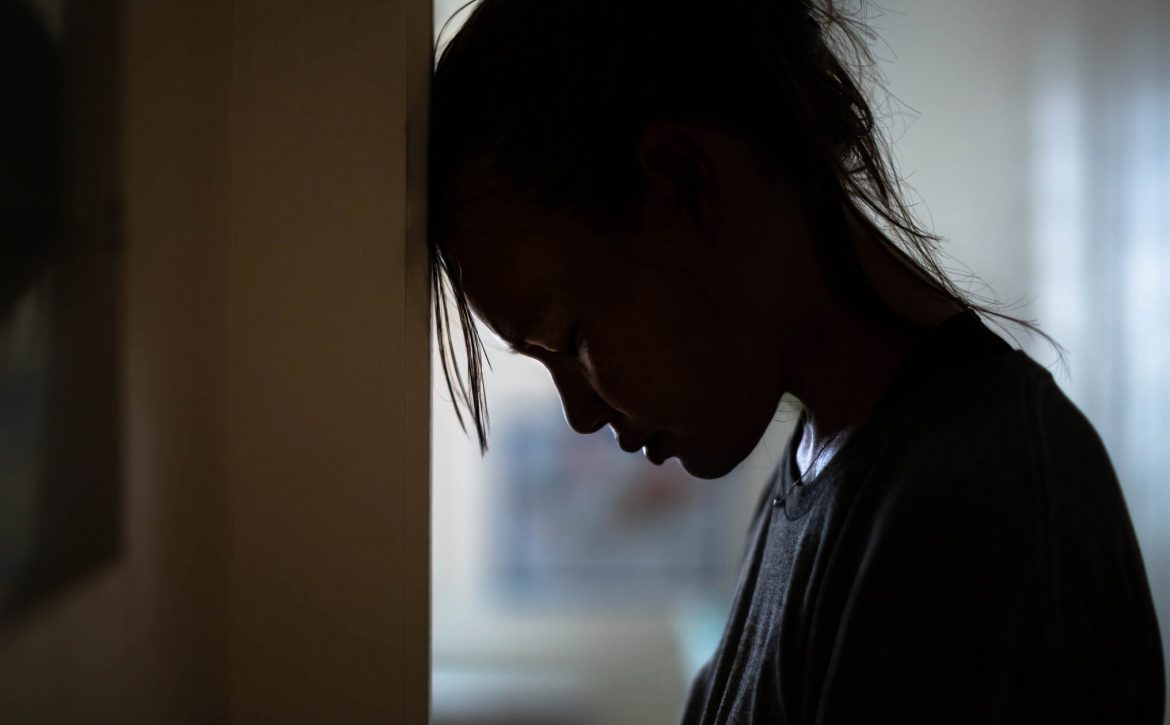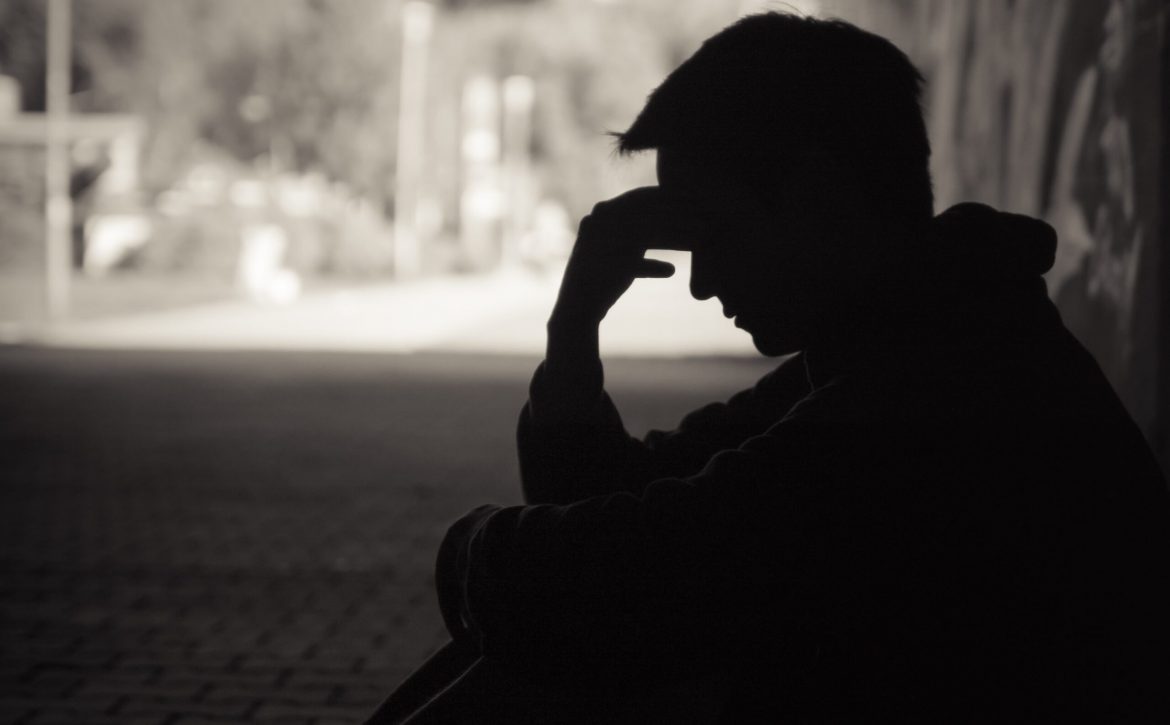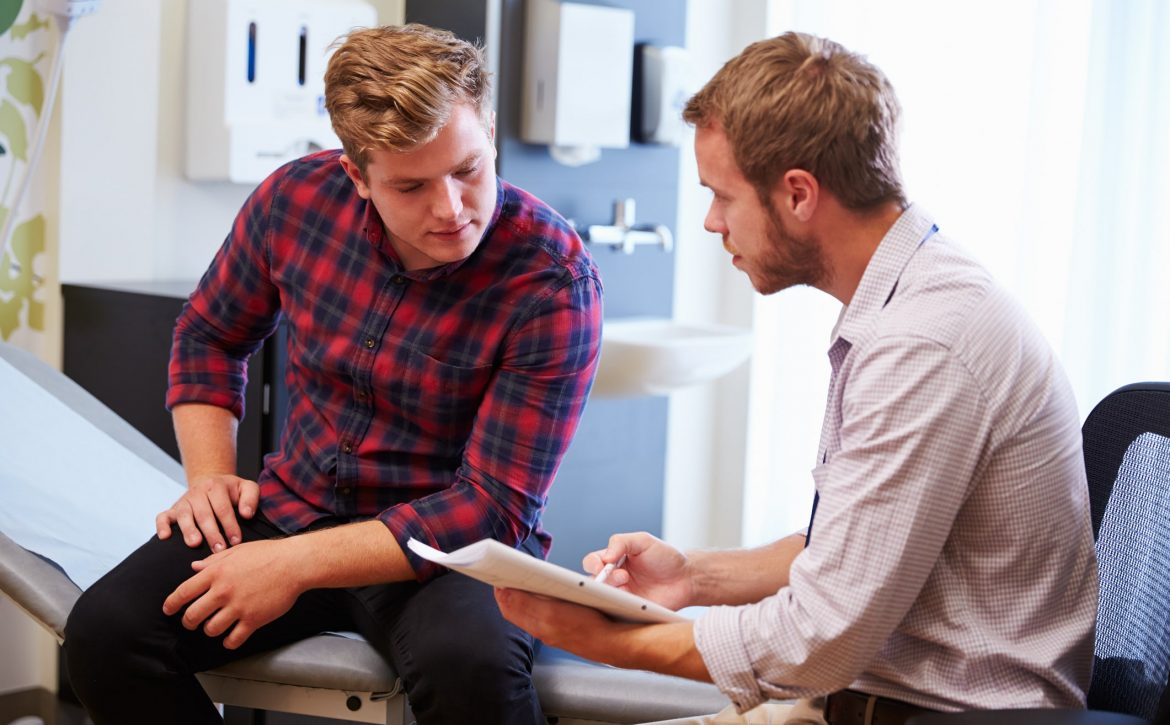Effects of Depression on the Brain
The effects of depression on the brain can prolong your treatment. However, with consistent and long-term treatment, you can heal your brain from these effects.
At North Atlanta Behavioral Health, we can help you heal from the negative effects of depression with our compassionate care and progressive stages of outpatient treatment.
4 Ways the Brain Changes During Depression (And the Effects)
There are essentially four ways that depression can change your brain: (1) releasing stress hormones, (2) causing brain inflammation, (3) altering the prefrontal cortex, and (4) reducing oxygen to the brain.
#1. Release of Stress Hormones
When you have depression, your body releases more of the stress hormone cortisol than usual. Cortisol changes the way your body responds to stressful events and threats. A few ways cortisol affects you are by releasing sugar into the bloodstream, increasing blood flow to muscles, and increasing your level of wakefulness.
Stress and depression—and elevated levels of cortisol—go hand-in-hand. This occurs for a few reasons:
First, depression is usually triggered by a stressful event. Significant life events, like the death of a loved one, getting injured, losing your job, or going through a breakup, coincide with acute stress—and the release of cortisol. When you don’t cope well with these stressors, you can develop depression.
Next, chronic issues in your life cause more stress. For example, having a chronic illness—including depression—causes increased stress and, thus, elevated levels of cortisol.
Lastly, traumatic experiences also trigger depression. Things like childhood neglect, car wrecks, witnessing violence, physical and sexual abuse, and experiencing combat while in the military, can be traumatic. People with trauma tend to be on high alert nearly all the time because of the high levels of cortisol in their system.
What Are the Effects of Stress Hormones on the Brain?
While the stress hormone cortisol regulates bodily functions and energizes you to deal with stressful situations, too much of it can cause damage. Cortisol can cause certain parts of your brain—the thalamus, hippocampus, and frontal cortex—to shrink. Therefore, your functioning in these brain areas of diminishes when you are depressed.
In addition, elevated cortisol levels can cause the amygdala to enlarge. Because the amygdala helps to regulate emotion, this enlargement can lead to mood swings and irritability. Both of these are symptoms of depression as well as bipolar disorder.
Cortisol also affects other brain chemicals, which could cause or exacerbate depression. According to the Journal of Clinical Medicine, “A chronic excess of cortisol in the brain may also lead to serotonin (5-HT) deficiency…” Since low levels of serotonin are associated with depression, an excess of cortisol decreases your brain’s ability to manage depression.
#2. Inflammation
Inflammation of the brain occurs due to the increased stress you have with a depressive disorder. Increased stress alerts your immune system to respond. As a result, the immune system increases inflammation throughout the body, including the brain.
How Does Inflammation of the Brain Affect You?
Inflammation of the brain affects you because it disrupts the brain’s chemical pathways. This disruption can cause imbalances of certain brain chemicals, thus, causing symptoms of depression. However, it is unclear if brain inflammation causes depression or is caused by depression.
#3. Alters the Prefrontal Cortex
The prefrontal cortex is the part of your brain responsible for long-term planning, decision-making, working memory, and personality expression. Since depression and increased stress shrink the prefrontal cortex, functioning in this region of the brain is diminished.
How Do the Prefrontal Cortex and Depression Relate?
Decreased functioning of the prefrontal cortex causes problems associated with depressive thinking. For one thing, this can cause depressive symptoms like poor concentration and focus. It can also slow down your ability to process information.
Because the prefrontal cortex controls long-term planning, your outlook can turn pessimistic. If you can’t think long-term, then it is difficult to imagine a future ahead of you. As a result, you might think about death more often, feel hopeless, or even have suicidal thoughts.
#4. Reduced Oxygen in the Brain
Depression can cause changes in your breathing patterns. Typically, people with depression have shallow and slowed breathing. This can reduce oxygen levels in the brain.
How Do Low Oxygen Levels Affect the Brain?
Low levels of oxygen can contribute to inflammation and damage to brain cells. Thus, you could have impaired functioning as a result.
How Can I Recover From the Effects of Depression on the Brain?
You can recover from the negative effects of depression on the brain. Comprehensive mental health treatment provides you with the tools and therapy to not only treat depression but heal your brain in the process.
How Do Medications Help Depression?
Psychiatric medications can restore chemical imbalances that cause depression. Since increased stress can cause lower levels of serotonin, most antidepressants help to increase serotonin. Serotonin is responsible for feelings of well-being while helping to regulate your mood and sleep cycle—thus, alleviating symptoms of depression.
Can Therapy Heal the Brain?
Therapy—like one-on-one counseling or group therapy—can also heal the brain from the effects of depression. Important chemical pathways in your brain—called neural pathways—are disrupted or damaged when you are depressed. However, the brain can heal just like any other part of your body.
Essentially, therapy helps you develop healthy thought patterns and responses to emotion. These ways of thinking occur on neural pathways which are weakened during depressive episodes. By developing and practicing healthy ways of thinking and responding to emotions during therapy, you strengthen these weakened neural pathways.
How Does Holistic Therapy Help Depression?
Holistic therapy helps depression by considering the whole person in treatment—body, soul, and mind. Some holistic approaches include yoga, exercise, and breathwork. These approaches help your brain heal in a few ways.
First of all, physical activity increases blood flow and oxygen levels in your brain. Next, when you exercise or stretch, your brain releases chemicals called endorphins which increase feelings of wellness and reduce stress. Lastly, controlled breathing—important to any physical activity—improves oxygen levels while reducing stress.
Recover From Depression Today
You can recovery from the effects of depression on the brain. Our outpatient mental health treatment programs in Atlanta, Georgia, offer comprehensive care for depression and other disorders.
Contact North Atlanta Behavioral Health today to begin depression treatment.








